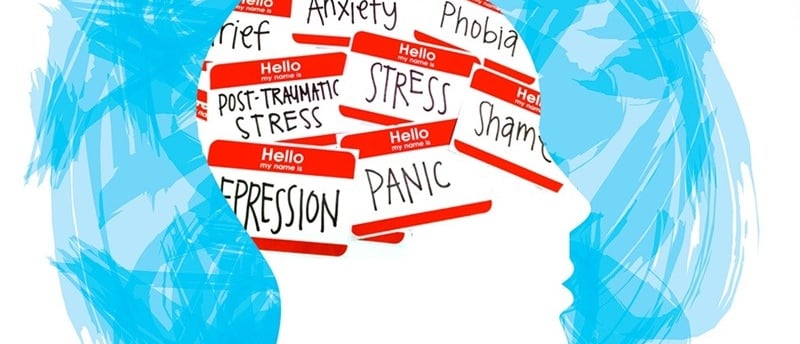Mental Challenges due to Esports
BLOGS
Marc. J. T
12/13/20242 min read


E-Sports has indeed reached millions around the world with a blend of entertainment, competition, and technological innovation. However, its impact on mental health is very heatedly debated. Critics cite addiction and stress as potential downsides, while advocates identify it as promoting personal growth, teamwork, and resilience.
The Challenges of Esports to Mental Health
Stress and Pressure:
Competitive esports requires an extremely high level of performance while racing against the clock, leading to heightened levels of stress. Professional gamers are also burdened with added pressures from sponsors, fans, and media attention, which can easily attribute to mental health concerns like anxiety.
Burnout:
The long hours of practice combined with ruthless schedules lead to mental and physical exhaustion. Burnout is another major issue, particularly in young players who struggle hard to break into the industry.
Social Isolation:
Although online gaming connects players worldwide, it may reduce in-person social interactions. Over-reliance on virtual connections can sometimes exacerbate feelings of loneliness and hinder emotional support systems.
The Benefits of Esports for Mental Health
Skill Development and Resilience:
Gaming requires strategic thinking, quick decision-making, and adaptability. Overcoming in-game challenges builds resilience and problem-solving abilities that translate to real-life situations.
Community and Belonging:
Esports provides social connections among players. Most online gaming teams and groups become supportive online communities for collaboration, coaching, and encouragement.
Relaxation and Mindfulness:
Among a majority, gaming itself acts as a therapeutic outlet from their day-to-day stresses. Playing enjoyable games can contribute to much-needed relaxation and mindfulness for the recharging of the mind.
Balancing the Scales
To maximize benefits but minimize risks, balance needs to be maintained. Here's how:
Time Management: By controlling and limiting screen time, the levels of overindulgence are controlled, and by extension, a healthy lifestyle ensured.
Parental Guidance: For younger gamers, it involves parental guidance to set schedules that include physical activities, academics, socializing, and many more.
The awareness of mental health amongst players and access to support mechanisms would serve to greatly enhance the well-being of esports participants.
The influence of esports on mental health is neither all positive nor completely negative; it is a spectrum. Embracing the challenges while fostering opportunities for growth allows individuals to use esports responsibly and contribute positively to personal and collective well-being.